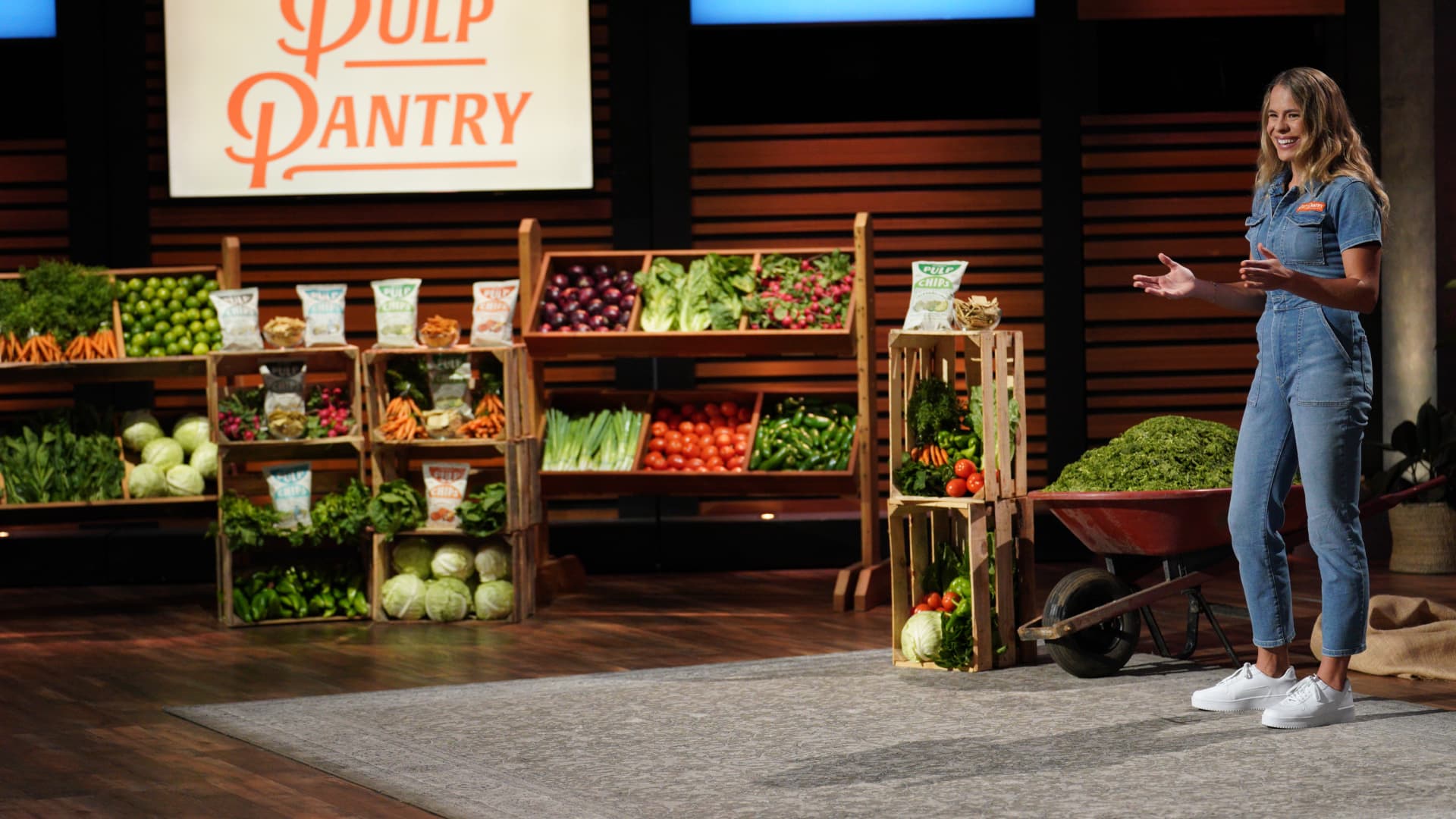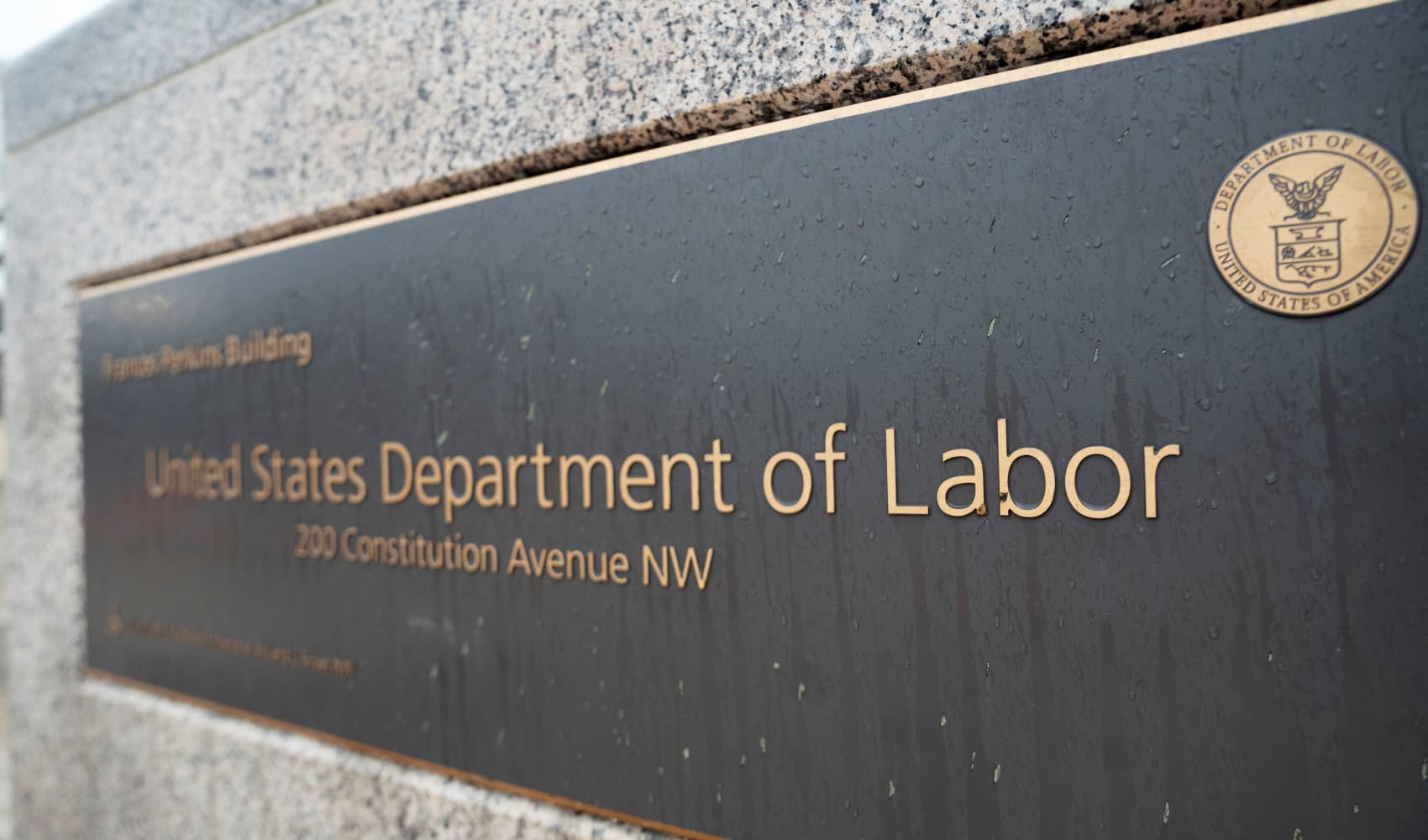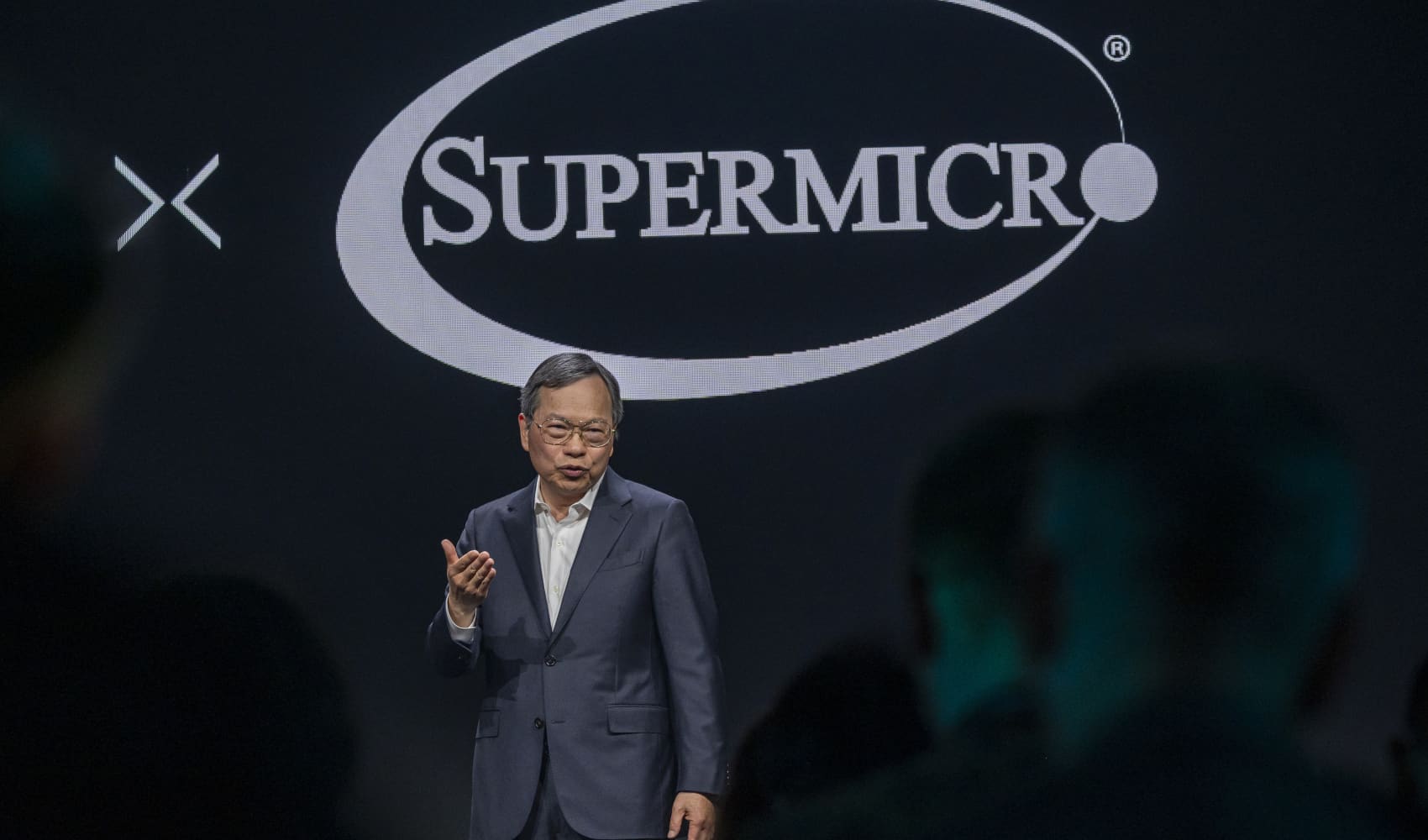
It may be hard to imagine Mark Cuban struggling with money. But even the billionaire Dallas Mavericks owner and investor on ABC's "Shark Tank" can remember what it was like to be short on cash.
That's why Cuban could relate to the story of Shark Tank entrepreneur Kaitlin Mogentale, who pitched her sustainable chip company Pulp Pantry on Friday's episode.
Cuban told Mogentale not to "feel bad" that her bank account had once nearly slipped into the red. Since launching in 2015, her mission-led business was finally profitable, but it was a long, difficult road to reach that point. In fact, Mogentale's bank account once hovered around $1,000, she told the Sharks.
It's a feeling that a lot of people – even Cuban – could relate to.
Get San Diego local news, weather forecasts, sports and lifestyle stories to your inbox. Sign up for NBC San Diego newsletters.
"We've all been negative," Cuban told her before investing $500,000 in Pulp Pantry.
It turns out Cuban is no stranger to the common financial struggles of being a beginner entrepreneur. In a 2019 episode of Shark Tank, Cuban – now worth $4.7 billion, according to Forbes – alluded to his own financial instability early in his career. He grew up in a working-class family in Pittsburgh, and before he started his own business, he couldn't even afford to open a bank account.
But since then, Cuban said he also learned the value of purpose-forward companies – which is why he felt compelled to invest in Pulp Pantry.
While majoring in environmental studies at the University of Southern California, Mogentale told the Sharks she watched her friend make juice from organic vegetables, only to waste "handfuls of pulp" in production. So, she came up with an idea to reduce food waste by turning the leftover fibers into chips. She pitched the idea to professors and eventually got a business grant from USC to launch Pulp Pantry after graduating.

At the time of filming, Pulp Pantry had made just under $250,000 in the last year and was expected to make $500,000 by the end of 2021. She wanted $500,000 for a 10% stake in her company – and for a Shark to help her with marketing.
Money Report
The Sharks all loved the vegan, gluten-free chips, made from upcycled vegetable fibers. But Barbara Corcoran's concern that the product won't stand up to fierce competition in the healthy snacks market – a global industry that was worth $78 billion in 2019, according to Fortune Business Insights – stopped her from joining the deal.
Kevin O'Leary was more concerned about Mogentale's $5 million valuation, which was roughly 10 times higher than Pulp Pantry's sales. But because he still felt the product's sustainability was "on trend," he offered the CEO $500,000 for a 25% stake.
Guest Shark Emma Grede said while she normally doesn't "agree with Mr. Wonderful," she also felt Mogentale's valuation "was a little nuts," and declined to make an offer.
That's when Lori Greiner stepped in with her own offer: a $500,000 loan with 6% interest for three years, plus the 10% equity.
Cuban followed, but first listed off several sustainable, healthy snack brands he already has invested in, including vegan brands like Wanna Date and Everything Legendary.
"All of these are companies in your category – companies that are on a mission to make the world a better place and to make people healthier," he said. "I understand the category."
He offered Mogentale $500,000 for 20% of Pulp Pantry.
After Greiner declined to budge from her initial offer, Mogentale countered Cuban by offering a 15% stake. The two met in the middle and settled on a $500,000 investment for 17% of Pulp Pantry.
On leaving the tank, Mogentale said she was thrilled to work with an investor who understood Pulp Pantry's mission.
"Mark Cuban has invested in this space," she said. "He knows how to help brands of our stage in size. He is going to be such an asset to have on our team."
Disclosure: CNBC owns the exclusive off-network cable rights to "Shark Tank."
Sign up now: Get smarter about your money and career with our weekly newsletter
Don't miss:
How this ‘Shark Tank’ CEO went from one food truck to a $1 million investment offer from Mark Cuban
Mark Cuban says TikTok is ‘the future of sports media’ — here’s why






